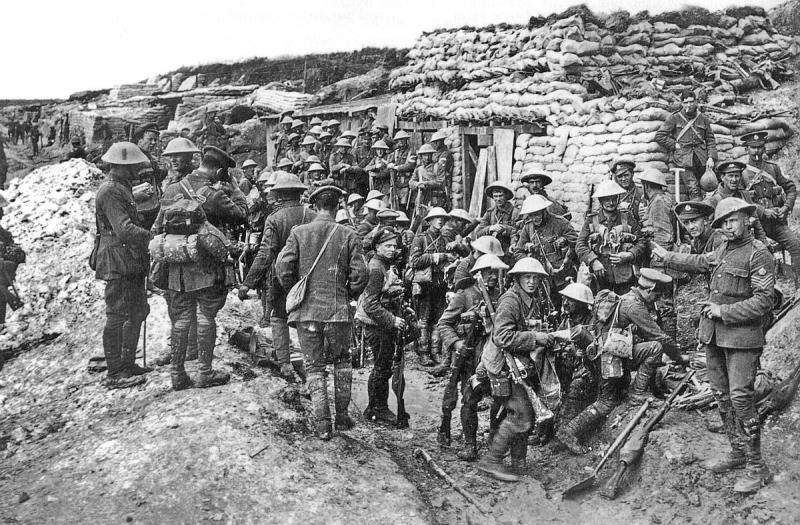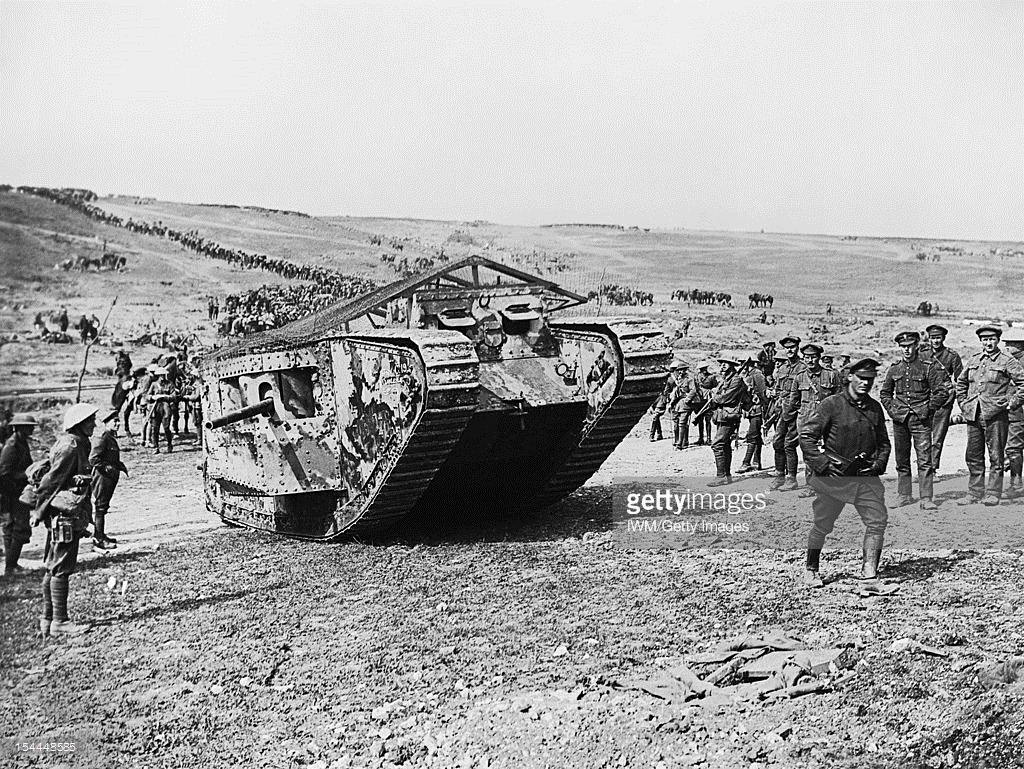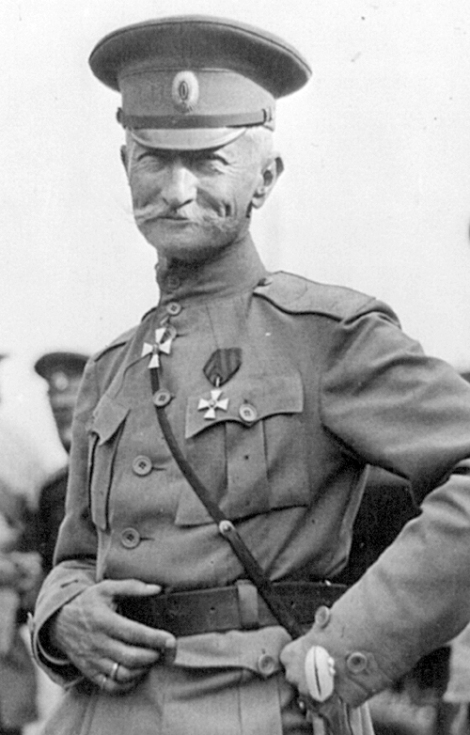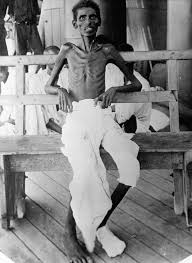Both Sides Desperate to End War
Enormous Preparations at Somme; Russian Front Collapsing; Starvation in Mesopotamia
Special to The Great War Project
(7-10 April) All the armies locked in battle are exhausted and desperate to end the war. So plans are underway on both the Eastern and Western Fronts, and in the Middle East, for major offensives.
The British are beginning to plan for an offensive at the River Somme in northern France. And in the east, Russian General Alexei Brusilov is planning an offensive of his own.

British troops in preparation for spring offensive at the Somme, 1916
The British and the French are eying June for their action at the Somme. They plan to position half a million troops along an eighteen-mile front. The British intend to put 120,000 men into battle the first day of the offensive.
The scale of the preparations is enormous.
“Troops unrolled 70,000 miles of telephone cable,” writes historian Adam Hochschild. “Thousands of soldiers unloaded and piled ammunition in huge dumps.”
The troops dig endlessly “to construct special roads and railways to speed supplies to the front….fifty-five miles of new railway line were built.”
With such huge preparations, the Germans can’t fail to notice that something enormous is underway. But when will the attack come?

Among the British preparations at the Somme, they bring new tanks to the battlefield.
General Brusilov, commander of Russia’s western forces, is pushing to launch his offensive in the coming month, a century ago.
The problem is, the Russians are weak and in trouble. “How far the Russian troops were capable of a strong offensive was unclear,” reports historian Martin Gilbert.
The Russians are looking at collapse and near mutiny in broad sectors of the front.
Confronting the Russians, the Austrian army is in similar disarray, according to Gilbert. On April 10th a century ago, “during the Russian Orthodox Easter, there had been truces on the Austrian Front, with soldiers from four Russian regiments crossing into the Austrian lines to fraternize on that solemn and festive day.”

Russian General Alexei Brusilov, commander of Russia’s western forces.
In the Middle East too, there are serious developments, especially at Kut on the Tigris River, where Captain T.E. Lawrence has arrived and another British relief force is planning to attempt another attack to break the Ottoman siege.
Lawrence’s first job – he meets with Arab leaders and proposes they launch a revolt, a popular uprising, against their Ottoman overseers. The British, he says, will come to their aid with guns and gold.
The Arabs decline the offer. Lawrence heads up the Tigris River for the front at Kut. So does another British force intending to break the Ottoman hold outside Kut.
“The British relief force,” reports historian Eugene Rogan, “resumed the attack on Ottoman positions on 5 April 1916.

Starvation among Indian allied troops at Kut, April 1916.
The attack is urgent. “The situation in Kut was growing desperate,” he writes. “The besieged soldiers were beginning to show advanced signs of malnutrition.”
British troops as well as their Indian allied troops are beginning to suffer from hunger and malnutrition. They are eating only bread, and the meat of their horses. Their rations are steadily declining.
The British do manage to get some food into Kut – by air. “The defenders in Kut became the first to receive food aid by airdrop.”
But it’s not enough. Bad weather, weight limits on cargo, and the poor aim of the pilots condemn the effort to failure.
